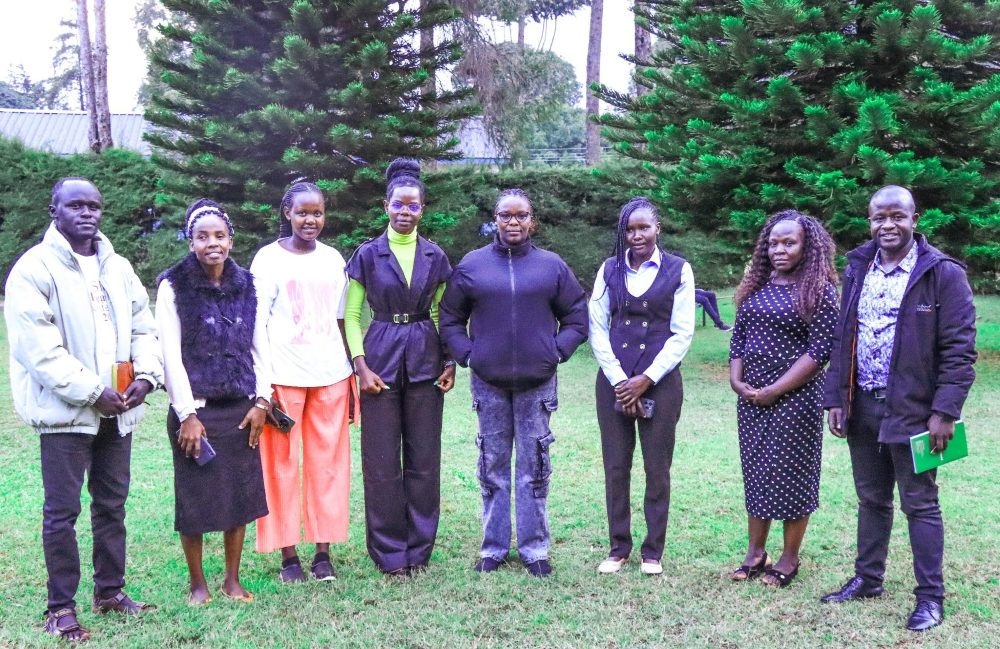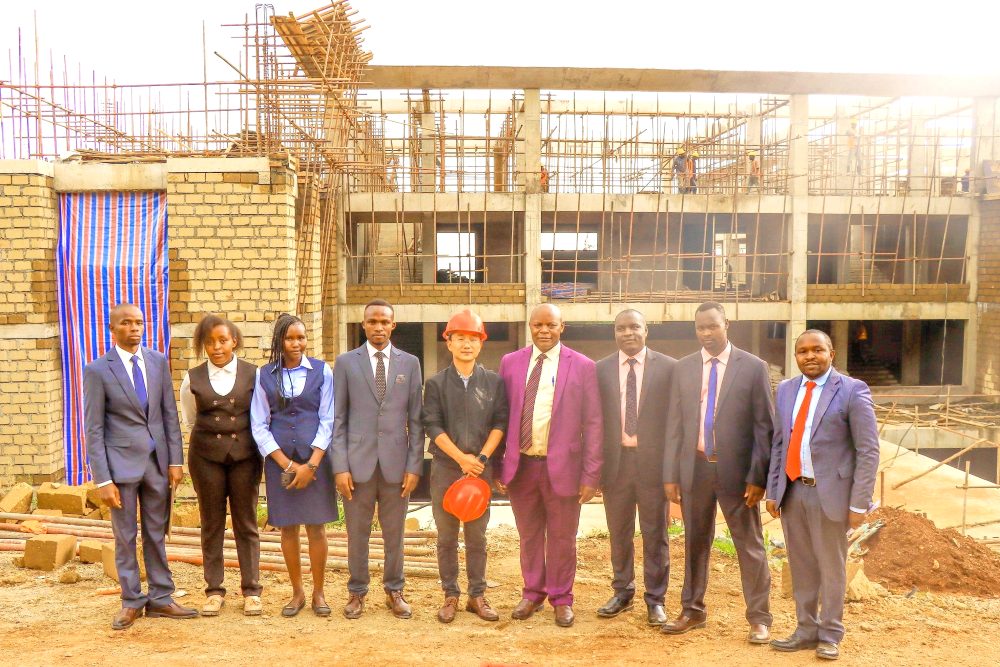When students are studying a Science such as Biology, they require top tips of attaining marvelous mastery of content brought out in the credible sources of knowledge. Likewise, mastery of a Humanity such as History and Government requires employment of interesting tricks and techniques. Proper syllabus coverage comes first in the giant list of stupendous mastery strategies. In schools, teachers race up against time to complete the syllabus with set deadlines. Therefore, after completion of syllabus in Form Four, students should know, that is just a scratch on the surface. Any literary luminary would argue, there is more than what meets the eye. Content mastery is attained by embracing riveting reading and revision programmes set in school to support students.
Ideally, venerable educationists know The Learning Pyramid, also known as The Cone of Learning, maybe, because its schema, or schemata, is cone-shaped. It is mostly attributed to Edgar Dale, and it is a marvelous model illustrating how different types of learning activities impact knowledge gain and retention. Meaning, the model summarises many methods of how knowledge is gained greatly and grasped. The pyramid suggests that learners retain information at varying percentages depending on how they engage with the material read in books or content taught by teachers. Getting down to its brass tacks, lecture method accounts for 5%, reading is 10%, audio-visual is 20%, demonstration is 30%, discussion is 50%, practice by doing (exams) is 75% and teaching others (peer teaching is 90%).
Then, students attain mastery through topical revision. How? Listing all topics in a particular subject, and conducting personal audit to test level of mastery. This is supported by exploration of all forms of consultation. In a school set-up, students can consult in class and group discussions. They can also approach teachers and peers to consult. Apart from the usual group discussion we know of, where a few students sit to discuss some academic content, there are four more approaches accepted in august academic practices. Firstly, there is the Socratic Seminars or Socratic Questioning, where a teacher or the group leader poses open-ended questions to help learners think critically about a certain concepts or contents presented. Socratic Seminars are structured discussions formed based on the teaching methods of the great Greek philosopher Socrates. Method encourages student-centred approaches, critical thinking, open-ended questions, evidence-based answers, dialogue over debate, respectful listening and deeper understanding.
ALSO READ:
TSC sub county director warns teachers of conmen as they apply for promotions
Secondly, there is the fish-bowl, working well on a weekend when students have self-directed activities (SDA). In this discussion model, in a class set-up, a few students take active turns discussing a certain concept as the rest of the class members listen aptly. Thirdly, there is the jig-saw approach, where a perspicacious student becomes an expert in a certain area, and shares relevant knowledge with fellow students. Of course, students are first divided into small groups. Each group discusses and learns more about a particular topic. In each new group, every student is solely responsible for sharing key aspects of original discussions. Additionally, there is a group discussion called think-pair-share, where every student works independently on a particular topic that everyone is handling. Afterwards, they convene meeting of minds to discuss their findings.
Advisedly, group discussion can only have a puissant impact on students’ content mastery when they have a group leader who is a skilled facilitator. Then, there should be raft of rules and expectations to guide the course of discussion. It is wise to set objectives. There should be group activities such as guided discussions, group exams, making of marking schemes, group consultations and proper peer teaching. The end-in-mind is to build collaboration and communication as soft skills among learners. Productive group discussions take care of students on the extreme ends. While conferring with each other in groups, top achievers can teach struggling students. As they do so, they master more content. For knowledge is the only resource that multiplies when shared.
Unfortunately, sometimes, knowledgeable students refuse to share what they know. This of course, contravenes the principle of sharing is caring. Then, in a deeper sense, a candle does not lose light by lighting another candle. The correct concept of peer teaching is anchored on the widely acclaimed Feynman Technique, a learning style exploring of a complex topic in simple terms to identify gaps in one’s understanding.
ALSO READ:
How parental departure breeds disoriented and bitter generation
This unique technique, popularised by the putative Physicist Richard Feynman, involves four steps: Firstly, choosing a topic. Secondly, explaining it simply while obeying the principle KISS (Keep It Simple Smart). Thirdly, identifying gaps. Additionally, refining yawning gaps. For struggling students, seeking assistance from students who are experiencing breakthrough can entice peerless performance. The problem sometimes is, there is a student weak at Chemistry, but walks with students who are weak than weakness itself. Instead of seeking support from best brains in that discipline.
Finally, on building massive powers of mastery, I recommend both cyclic and skillful reading. In all the interesting techniques my pen has paraded, reading sticks out like a ripen boil. Reading works well when students know how to do it. Reading does not help some students to score more for they simply bury their heads on books during preps to pass time. Moreover, cyclic reading means students know what they ought to read, which include: well-written notes, core-course books, reference books, class readers and KCSE set books. Such books should be read in a cyclic manner as a matter of fact. Meaning, getting straight A’s in KCSE will call for reading content of every form. By the same token, skillful reading, in page-turner titled Reading and Writing about Literature, Janet E. Gardener, rightfully recommends: repetition or re-reading, regular reviews, pausing to write short notes while reading, text-marking or highlighting, text-annotations and wise use of reference materials.
By Victor Ochieng’
The writer is an educator – academic and career consultant who rolls out talks and training services in schools. vochieng.90@gmail.com. 0704420232
You can also follow our social media pages on Twitter: Education News KE and Facebook: Education News Newspaper for timely updates.
>>> Click here to stay up-to-date with trending regional stories
>>> Click here to read more informed opinions on the country’s education landscape






